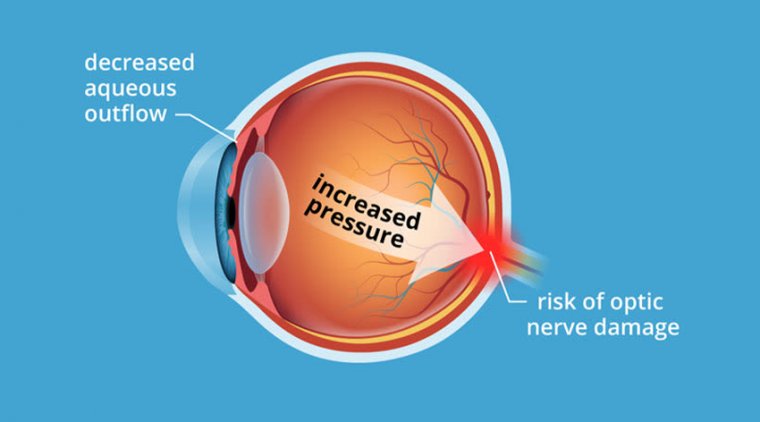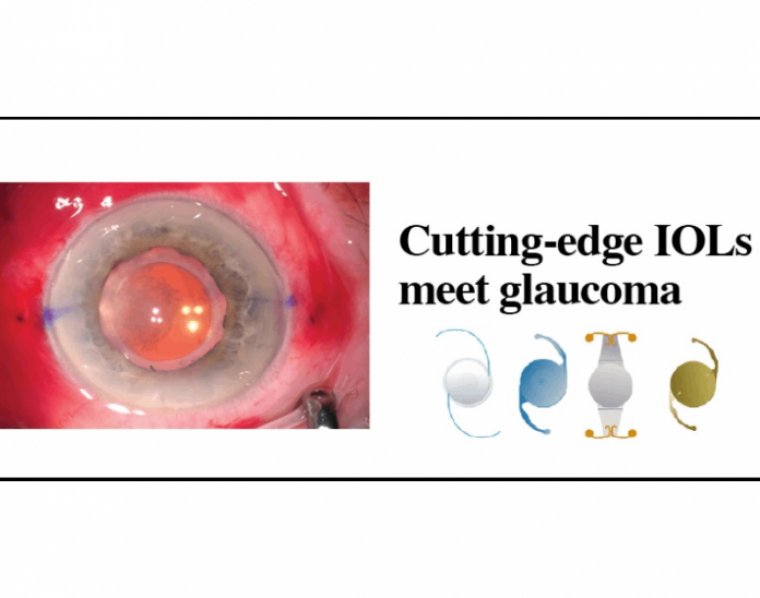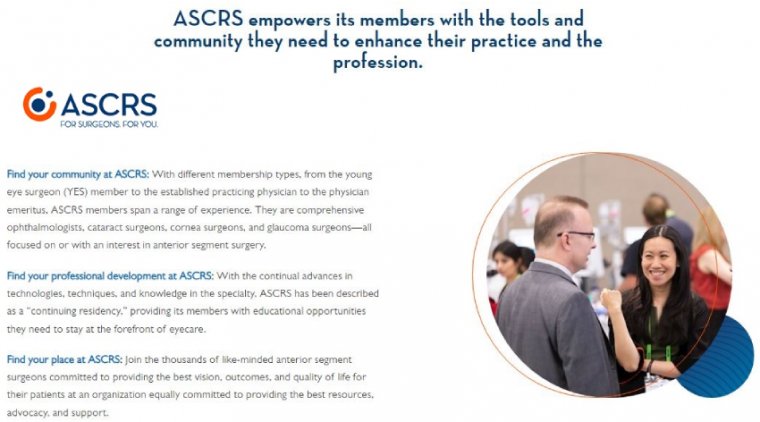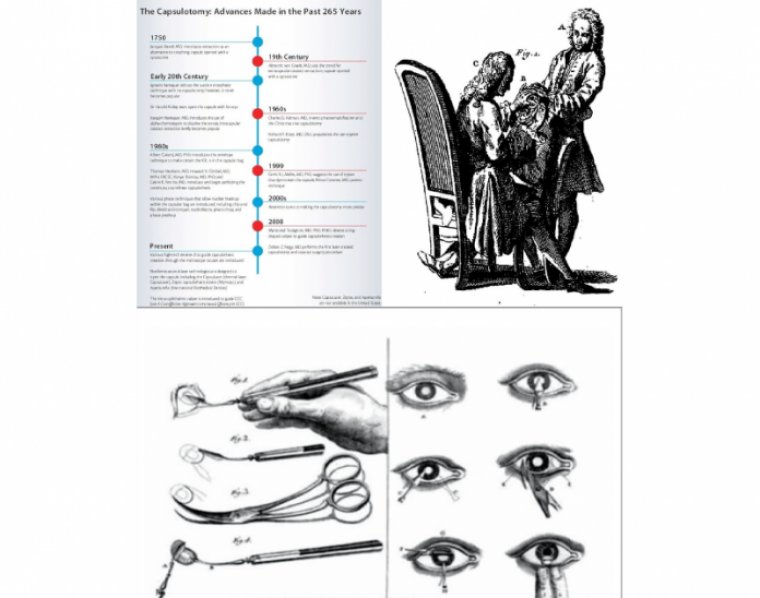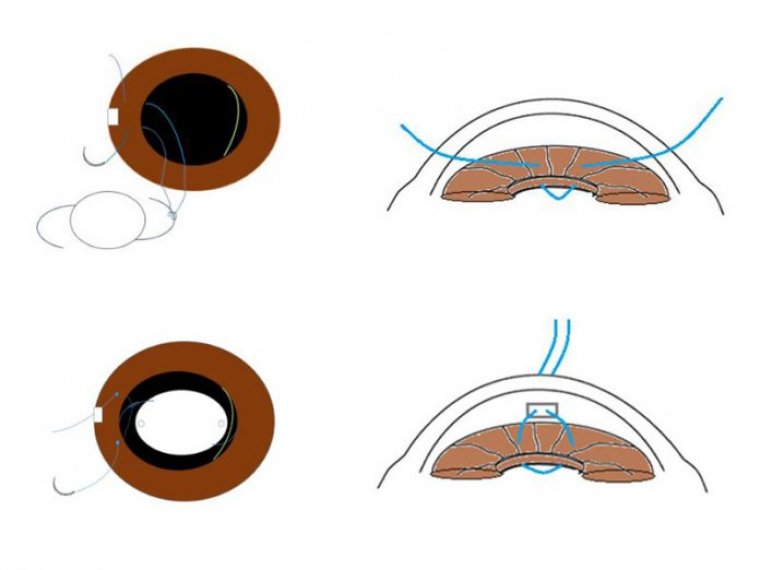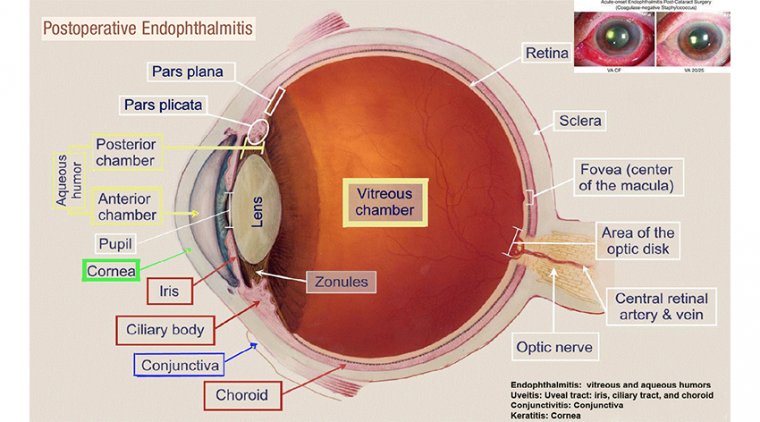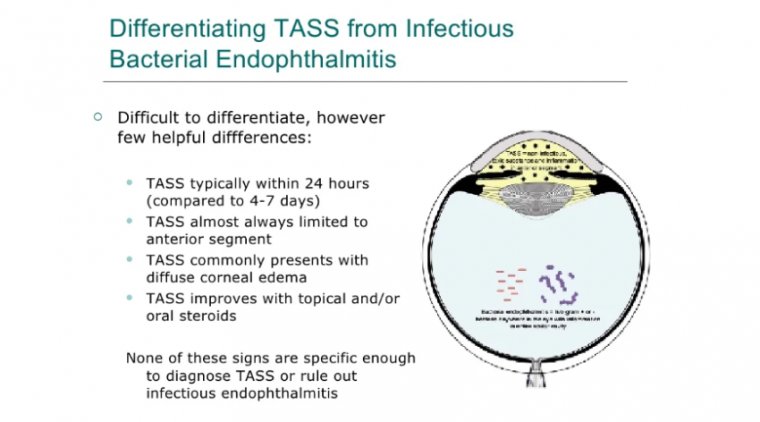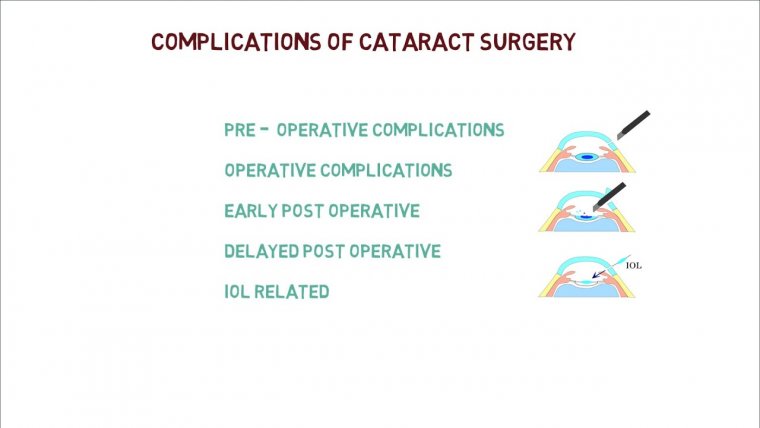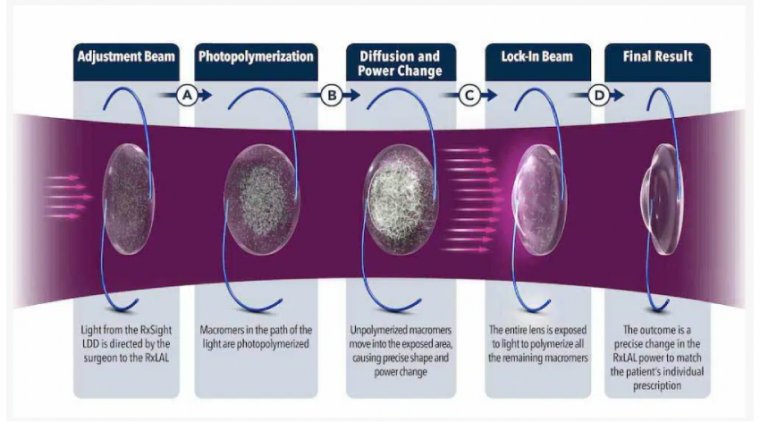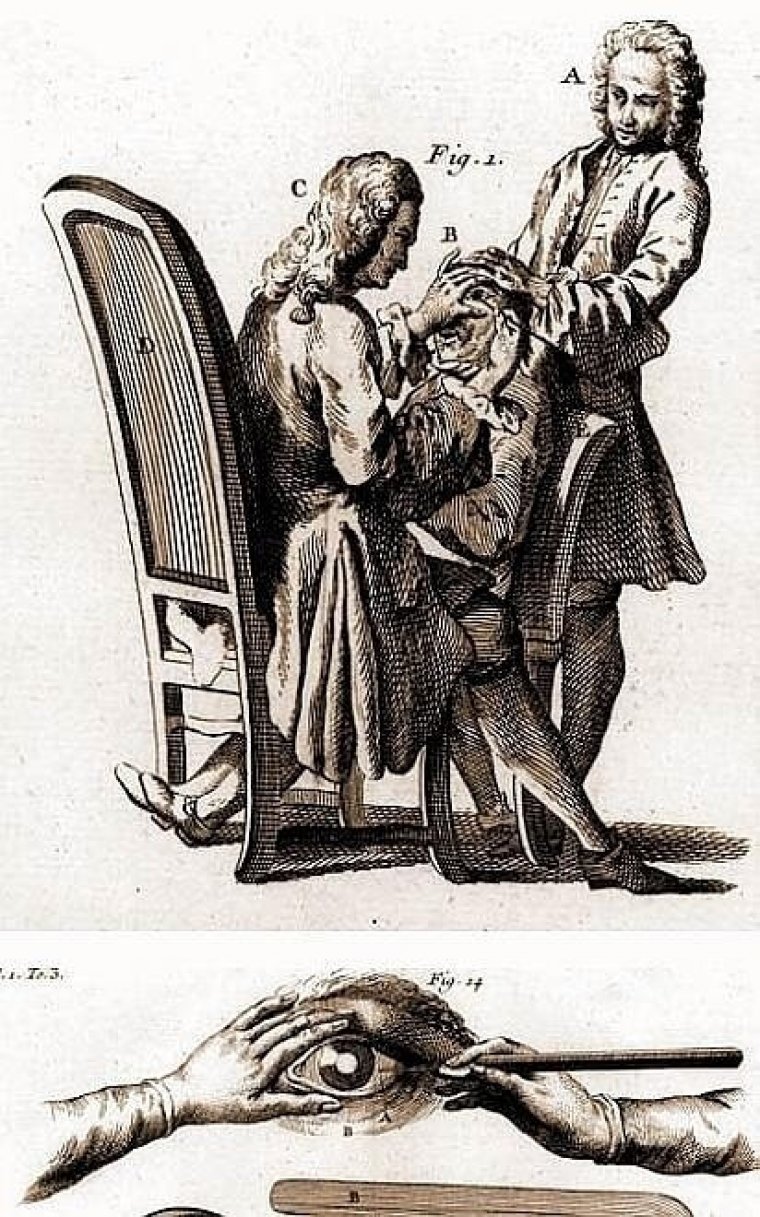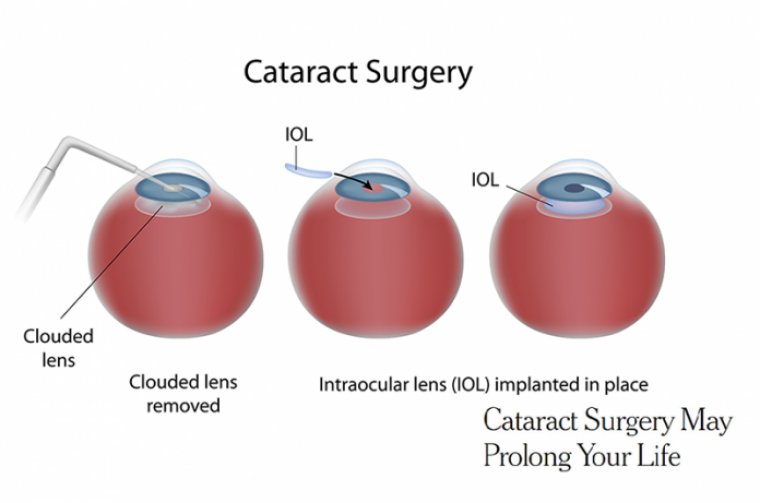
Cataract Surgery Prolongs Life
People who underwent cataract surgery were more likely to be alive 10 years later, compared with those who continued to have vision problems. It’s possible that this surgery may improve physical and emotional well-being, contributing to the longer life span.
Why Cataract Surgery Helps Increase Lifespan
Vision is essential to daily functions such as taking medication, exercising and attending doctor appointments. When vision is decreased, it is harder to follow healthy habits that are necessary to overall wellness.
Removing cataracts and replacing the lens with an IOL resolves the symptoms of cataracts, which include blurry vision, reduced color contrast and difficulty driving at night. Clearer vision after cataract surgery makes it more likely that a person:
- Exercises and stays active
- Goes to see the doctor more frequently
- Has a lower risk of medication mix-ups
- Has a lower risk of a serious falls or fractures
- Is able to drive safely and avoid motor vehicle accidents
- Enjoys an improved quality of life with more motivation to live healthfully
Cataract surgery makes patients’ lives better. They are depressed when they can’t even see the television. A person with sharper vision may be prone to exercise more, make less medication errors, or fall less. This can lead to a longer lifespan – and it really does make common sense!
People who receive cataract surgery are less likely to experience adverse disability trends than people who do not receive cataract surgery. This means, patients who have had surgery remain more mobile over their lifetime.
Adjustment for age and gender differences revealed that cataract surgery significantly improved survival.
Many people are not aware that cataract is a condition that falls in the normal spectrum of aging. If cataract runs in your family, that’s because cataract runs in everyone’s family!
In truth, we all start growing cataract around our 40s or 50s. A person may live with cataract for decades, however, until it becomes significant to the vision.
The additional correction of other baseline factors, including cardiovascular disease, in the multivariate analysis, showed that cataract surgery improved survival by approximately 60 percent – irrespective of whether mortality risks were assessed by PVI or BCVI measures.
Impaired vision may increase mortality among the elderly for a number of reasons, not least of which is the fact that most elderly patients receive a multitude of medications.
Ensuring patient adherence to dosing regimens is challenging enough – especially with polypharmacy – but this becomes far harder with poor eyesight. The study shows that by removing cataracts, ophthalmologists not only increase a patient’s quality of life, but also extend their life.

